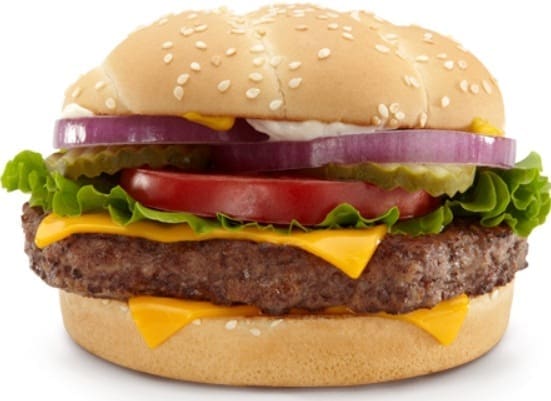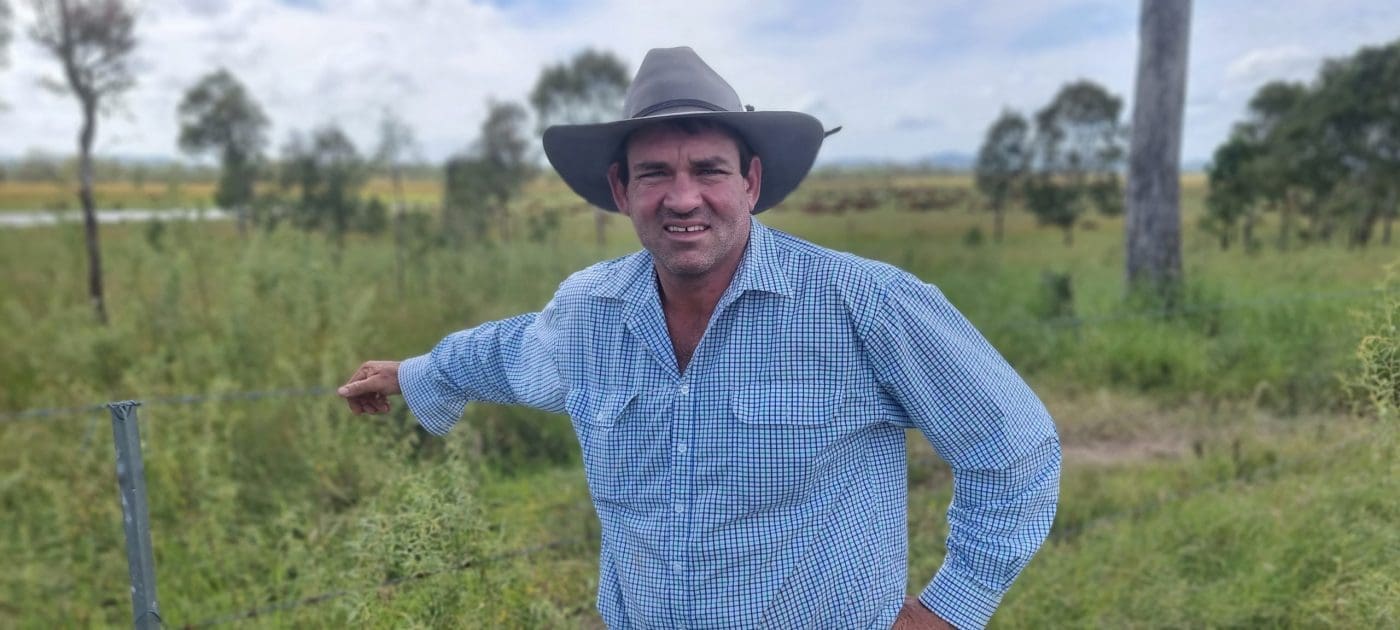WITH Europe passing laws to prevent the import of goods linked to deforestation, a group of Queensland producers is hoping to use a recent visit from burger chain McDonalds to help form fairer legislation.
Beef is one of the products Europe has named on its new non-tariff trade barrier – requiring producers to prove they have not destroyed forests to grow the product. The EU classes forests as woodland with 20pc canopy cover reaching five-metres-high.
Many have raised concerns about the broad legislation saying it does not allow for strategic land management techniques that can promote biodiversity and production at the same time. (More on that here)
While not as hard line, McDonalds has also made efforts to eliminate deforestation from its supply chain. It set a target to be deforestation-free by 2020 and at the end of 2021 said 97.2pc of its beef was not linked to deforestation. It is one of many major players in the supply chain setting targets to reduce deforestation – including JBS and Teys’ joint venture Cargill.
With these targets in mind, a group of Central Qld producers – including Will Wilson, Adam Coffey, David Hill and Melanee Leather with McDonald’s procurement arm FMG – took representatives from McDonalds Global, Teys, JBS and NH Foods on a trip around some properties in the area. Their task was to show the difference between brigalow scrub and the Amazon Rainforest.
“It was one of the most powerful pieces of advocacy I have ever been involved in,” said Mr Wilson, who is a former Agforce cattle president.
“It is really rare to have so many different parts of the supply chain come together in on a property and sort out an issue.”
In a Meat & Livestock Australia press release last year McDonald’s global supply chain director for beef Andrew Brazier said the deforestation policy was one of the trip’s priorities.
“Australia is a priority for us because it is such a critical sourcing region so, for example, it’s important we can be here to verify beef is not coming from areas of deforestation,” he said.
“We have these same requirements for our other supply chains like coffee, soy and fibre.”
The group made an agreement to help McDonalds make “needed revisions” to its Deforestation Free Beef Procurement policy in Queensland – by liaising with Teys, NH Foods, and JBS. It has the intention of going back to the drawing board with McDonald’s and its procurement arm FMG.
Opportunity for Europe to follow
In working with McDonalds, an offshoot of the Agforce cattle board called the ‘cattle land management committee’ has been set up to work through different pieces of legislation.
Mr Wilson said the early signs of the McDonalds visit were positive and he was hoping it could be a blueprint for Europe to follow in working with Australia.
“The policies Europe and McDonalds have are very similar and we are working towards creating a framework that suits everyone,” he said.
“We are in a very different situation to Europe, where the clearing happened many years ago and a lot of the environmental work is about replanting.
“In Qld, we are still working in a natural environment and we want to be able to manage the land for better production and environmental outcomes.”
Call for more producers to get involved
While the Qld group has declared the McDonald’s visit a success, many are still concerned about other deforestation policies and the definition of a forest.
Australian Beef Sustainability Framework chair Mark Davie last year said Europe’s laws were not science based and had a worrying reliance on satellites.
Qld’s vegetation management laws remain controversial and the Federal Government has vowed to deliver “tough cop on the beat” of land clearing.
Mr Wilson said if more producers were able to engage like they were able to with McDonalds last year, there was potential to deliver better outcomes for businesses and the environment.
“Producers are at the forefront of these targets and this legislation – often we are the ones that wear the cost of it,” he said.
“Companies like McDonalds need producers on-board to reach its targets and I think that gives us some power in the situation. It is the same for governments as well.”
- More Europe’s deforestation policy here


